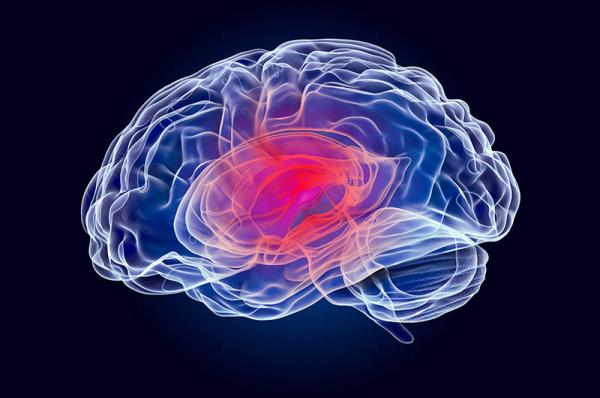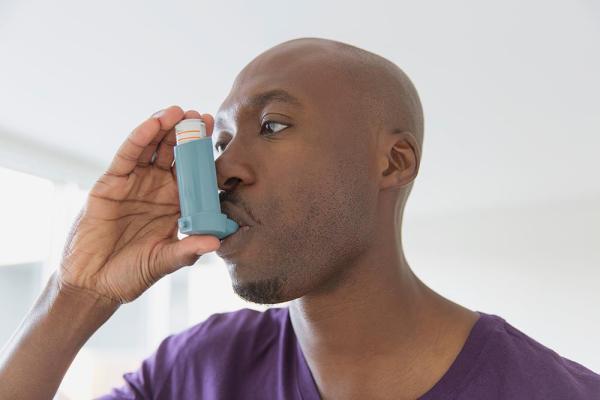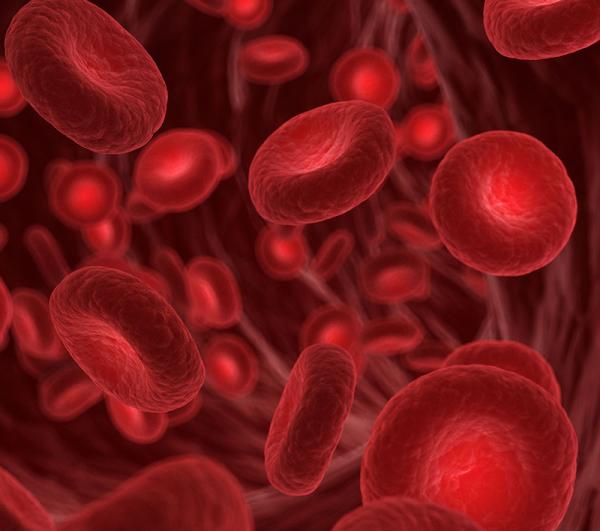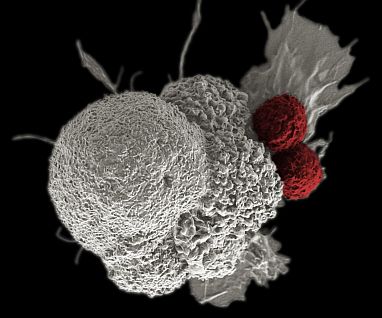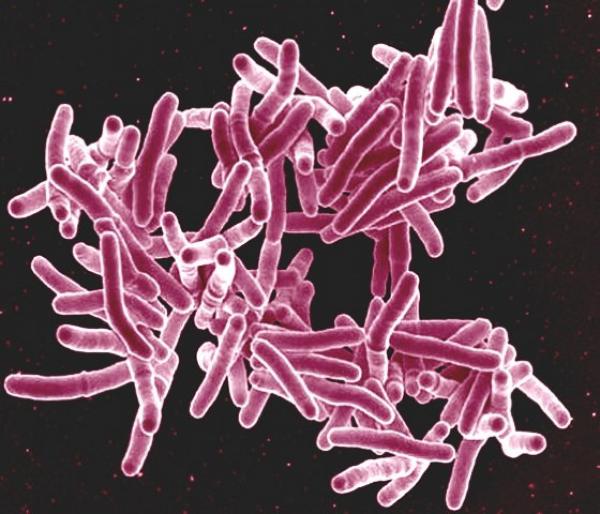Data Mining for Dementia Clues
IRP Research Examines Under-Appreciated Factors in Alzheimer’s Disease
This June, the observance of Alzheimer’s and Brain Awareness month reminds us just how devastating the impact of Alzheimer’s and other dementias is across the world. About 55 million people are currently living with Alzheimer’s disease or related dementias such as frontotemporal dementia and Lewy body dementia. This includes the estimated 6.7 million people in the U.S. over age 65 with Alzheimer’s disease, a population whose cognitive decline imposes huge financial costs on the American economy and often unrecognized burdens on the unpaid family members who provide care for those patients.
While the disease has been a target of intensive investigation ever since Alois Alzheimer first discovered clumps of amyloid beta protein and tangles of tau in the brain of a deceased patient in 1906, scientists have made only modest progress in treating it. Efforts to design drugs targeting the abnormal globs of amyloid and tau thought to cause Alzheimer’s have met with only limited success. That’s why IRP investigator Keenan Walker, Ph.D., is taking a different approach: exploring the link between dementia risk and the immune system.

